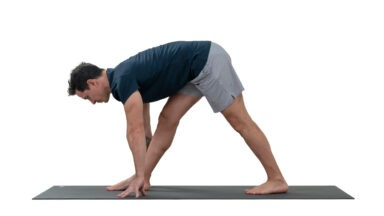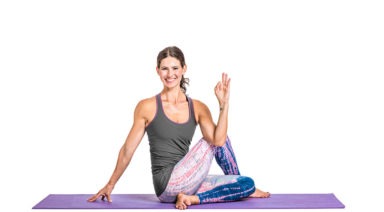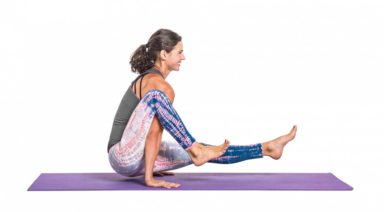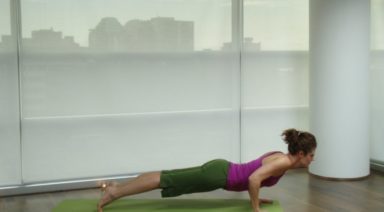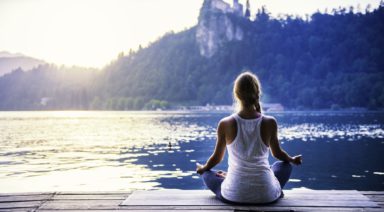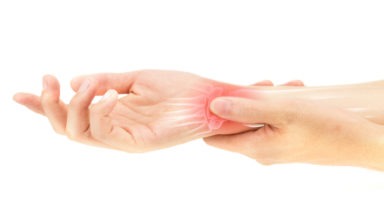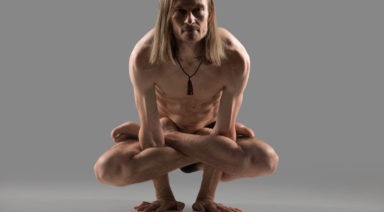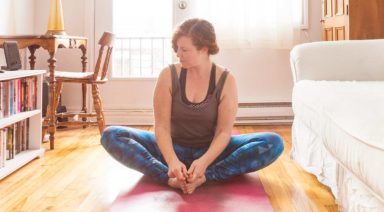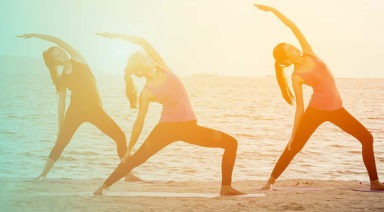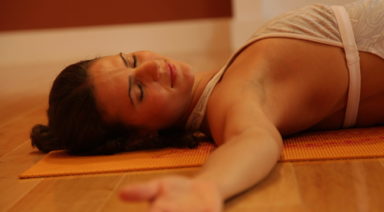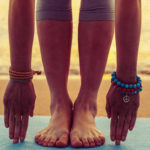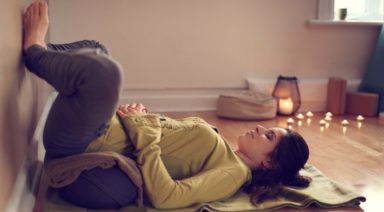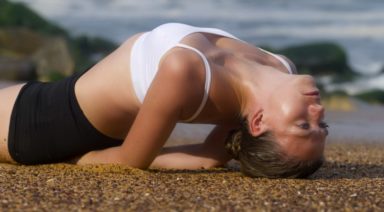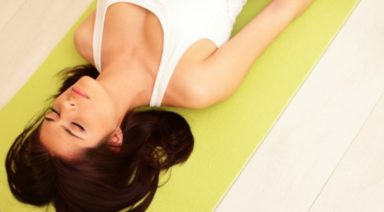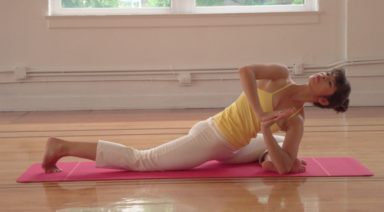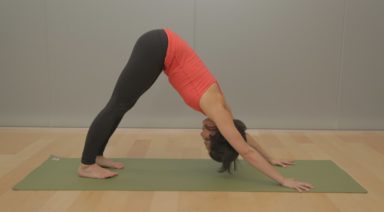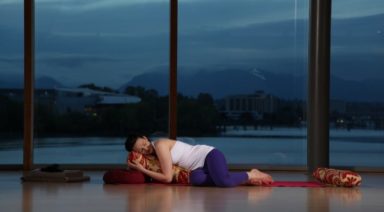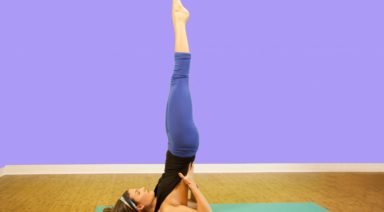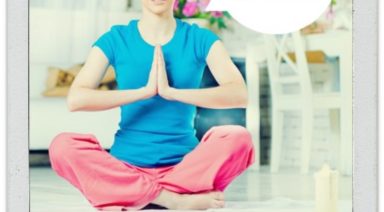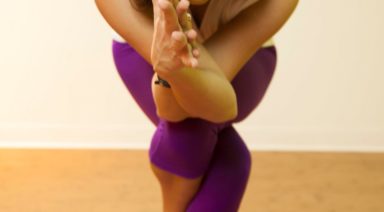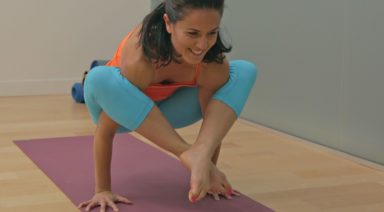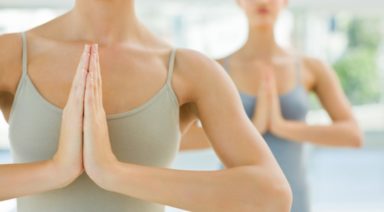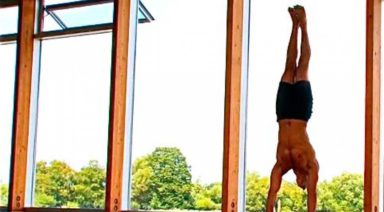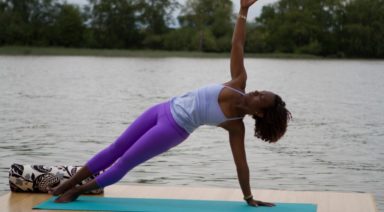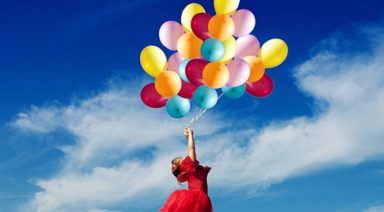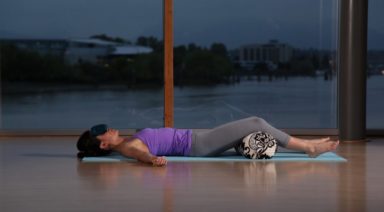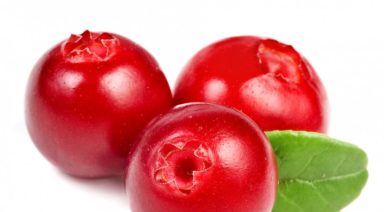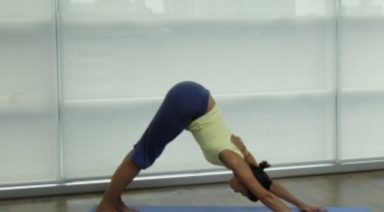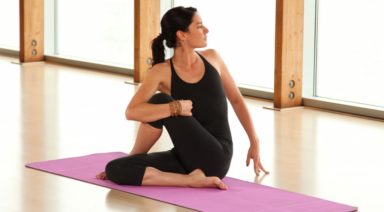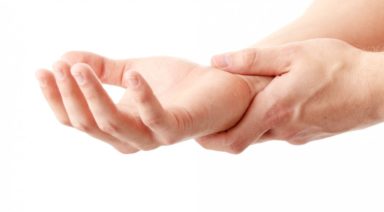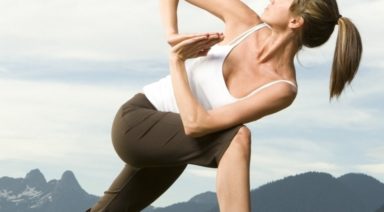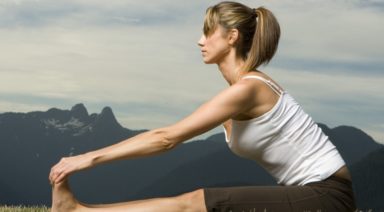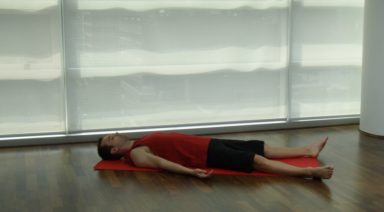Ustrasana: Camel Pose
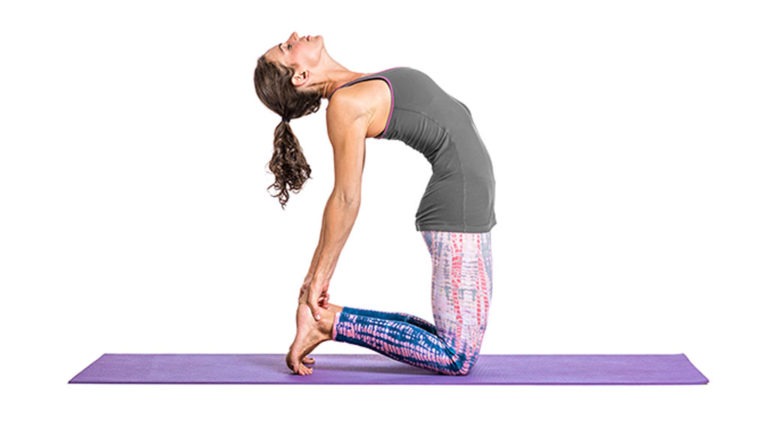
A powerful way to boost your energy and your mood, ustrasana (oosh-TRAHS-anna) offers a long list of benefits for both the physical and subtle bodies. Thanks to its many variations and modifications, there are plenty of ways for practitioners of all levels to appreciate the physical and chakra-opening effects of camel pose.
Philosophy + Origin
Although the name of this pose is camel because the shape resembles the hump on a camel’s back, there are other ways to consider the name when approaching the posture. Camels are known for their slow, steady, almost methodical way of moving. Rather than trying to race into the posture, being slow and methodical will help you find its benefits without risking discomfort or strain. In the same way, camels use their humps as food reserves, like well-packed bags ready to be used when needed. This type of physical preparation, a part of the camel’s natural adaptation for survival, is essential for this pose as well. Take your time to gather and practice the skills and knowledge necessary to take a back bending journey to ensure that you enter and exit the posture with ease and poise.
ADJUSTMENTS/MODIFICATIONS
- Keep your toes tucked rather than placing the tops of your feet flat on the floor.
- Place a folded blanket under your knees for extra padding.
- Keep your hands on your lower back and pelvis rather than reaching back for your heels.
- Place the crown of your head against a wall as you extend back rather than letting the head hang down.
STEP-BY-STEP
- Kneel on your mat with your knees inner hip-width apart.
- Either place the tops of your feet on the ground or tuck your toes under.
- Without moving your knees, squeeze your inner thighs toward each other. You might imagine the inseam of your pants moving back behind you.
- Place your hands on your low back, fingertips pointing down. Draw your elbows behind you.
- Lift your chest up to the ceiling. As you continue lifting, your torso may begin to move back in space.
- Keep your neck long rather than dropping your head back.
- Option to reach one hand, then the other, back toward your heels.
- Stay for 3-5 breaths (your breath may be more shallow than usual).
- Gently release to neutral, then take a seat on your heels or on the ground.
PREPARATORY POSES
- Cobra pose | Bhujangasana
- Bridge pose | Setu bhandasana
- Locust pose | Salabhasana
SEQUENTIAL POSES
- Reclined hero pose | Supta virasana
- Upward-facing dog | Urdhva mukha svanasana
- Floor bow | Dhanurasana
COUNTER POSES
- Staff pose | Dandasana
- Childs pose | Balasana
SANSKRIT
- Ustra = camel
- Asana = pose
PHYSICAL BENEFITS
- Stretches your chest, abdomen, thighs, and hip flexors
- Strengthens your back, and glutes
- Improves overall posture
ENERGETIC BENEFITS
- Stimulates energetic centers in the body, primarily the chakras located in the navel, heart, and throat
Legal Disclaimer Before participating in any exercise program or using any fitness products or services that may be described and/or made accessible in or through the Gaia Website and/or the Services, you should consult with a physician or other healthcare provider. Read more about Gaia’s Terms Of Use.
Journey into a Conscious Life
Stream your way with unlimited access to 8,000+ original programs, practices, and films. Feed your curiosity with metaphysics and the unexplained. Connect and center with yoga and meditation. Begin a new journey.
Parsvottanasana: Intense Side Stretch Pose
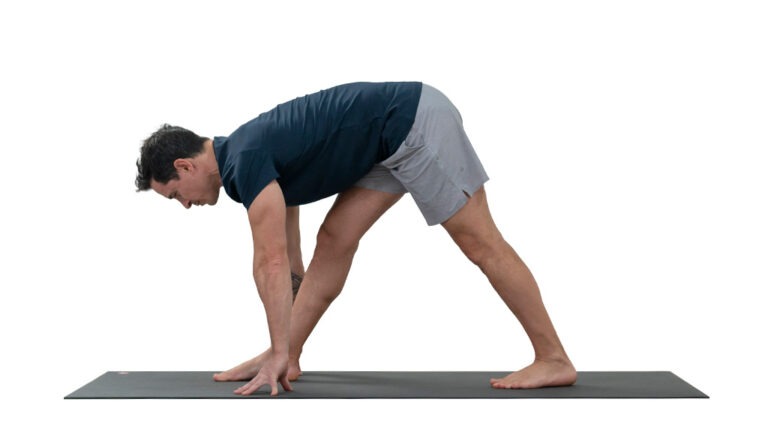
ADJUSTMENTS | BENEFITS | SEQUENCING | SANSKRIT | STEPS
From lengthening the spine to stretching the legs to calming the mind, there’s a little bit of everything in parsvottanasana (parsh-voh-tahn-AHS-ah-nah) Also known as intense side stretch pose or pyramid pose, this shape is helpful for finding balance while stretching hamstrings.
Parsvottanasana requires a combination of flexibility, strength, and patience. With the help of props such as blocks or a wall, this pose becomes accessible for everyone.
ADJUSTMENTS/MODIFICATIONS:
- Blocks: Place hands on blocks to help keep the torso long.
- Wall: Place hands on a wall in front of you to work on strengthening the muscles of the back.
- Heart opening variation: Take the hands in reverse prayer position behind the back to stretch and open your shoulders and chest while also challenging your balance. If reverse prayer isn’t accessible, you can still bring the arms behind the back, reaching for opposite elbows instead.
- Adjust your stance: If the back heel is lifted off of the floor, shorten the stance so you can push through the heel to activate the back leg. For more stability, widen your stance.









